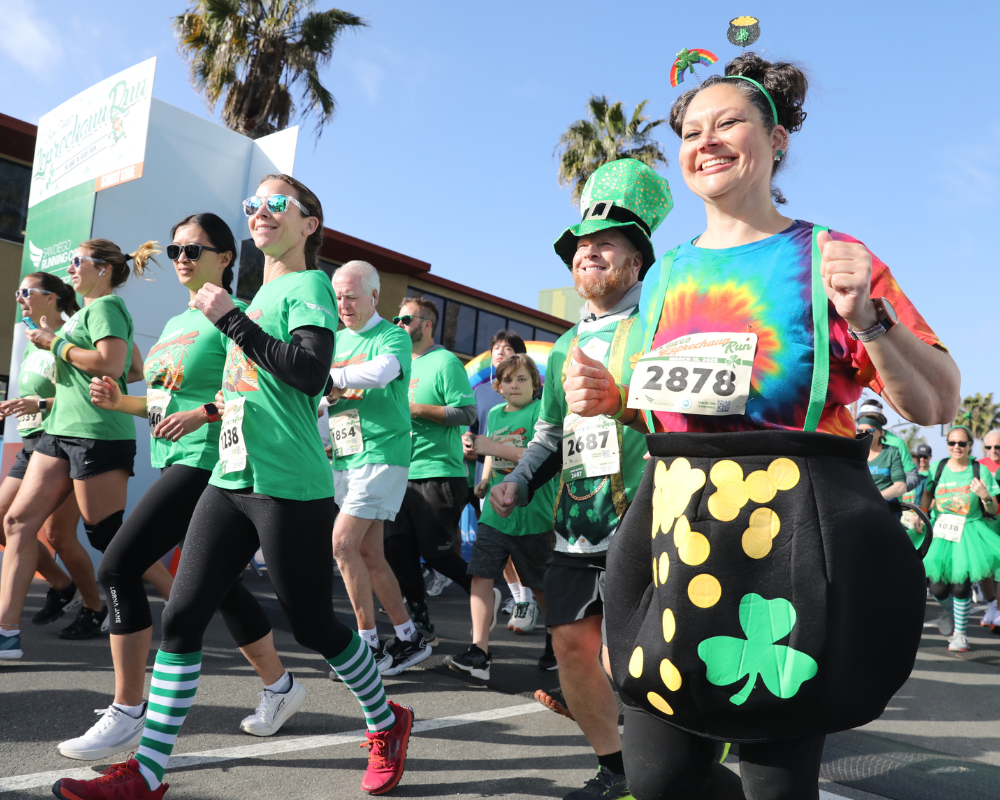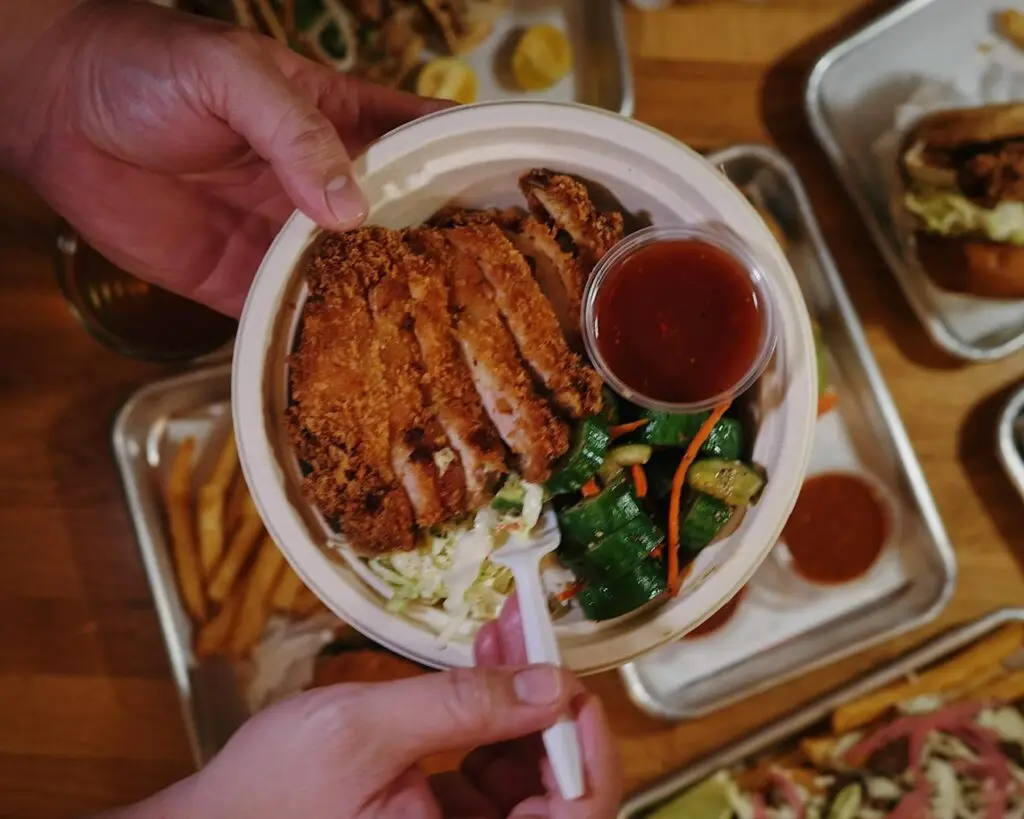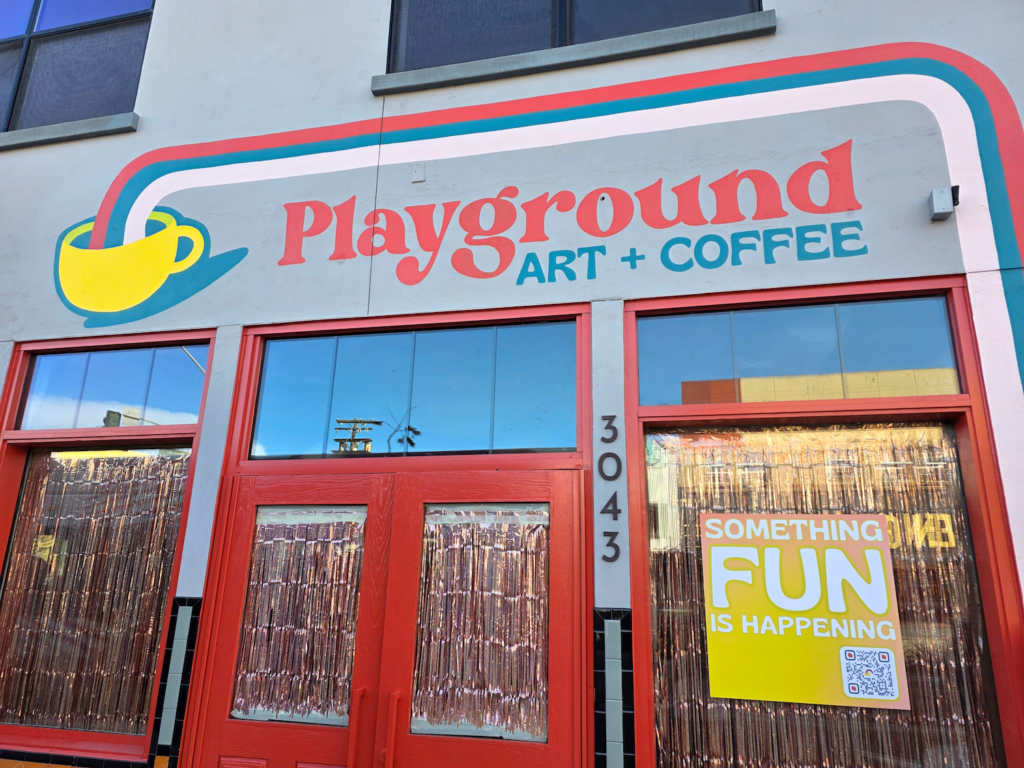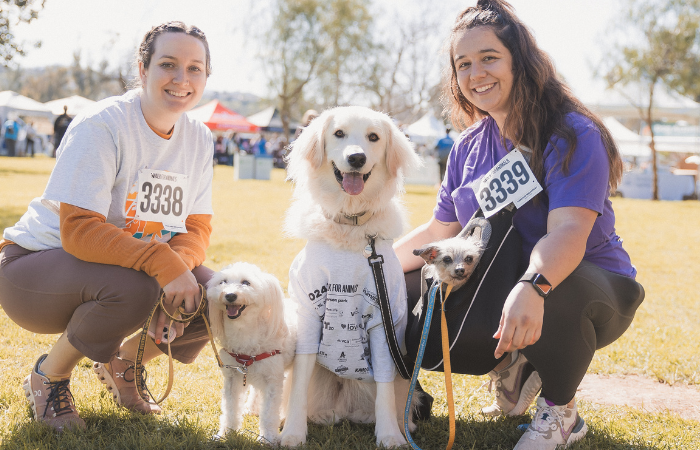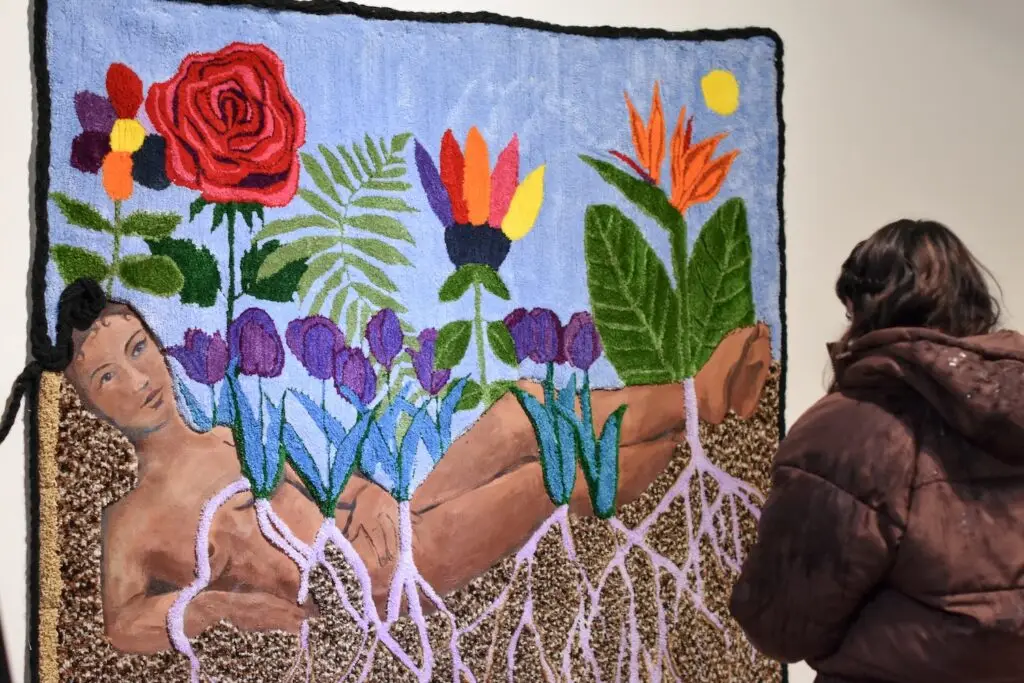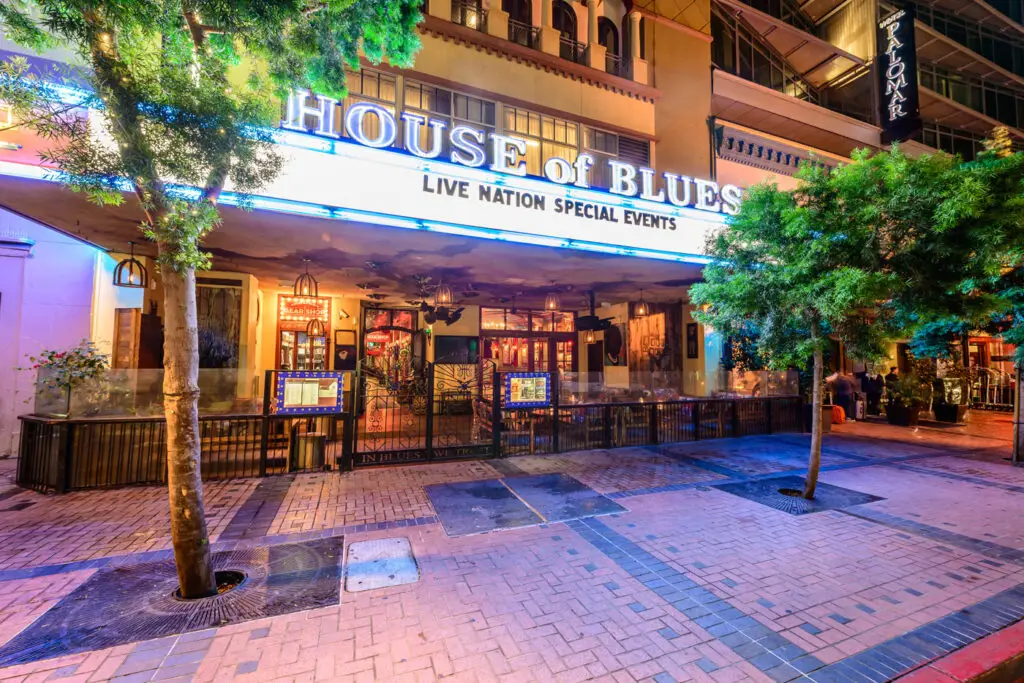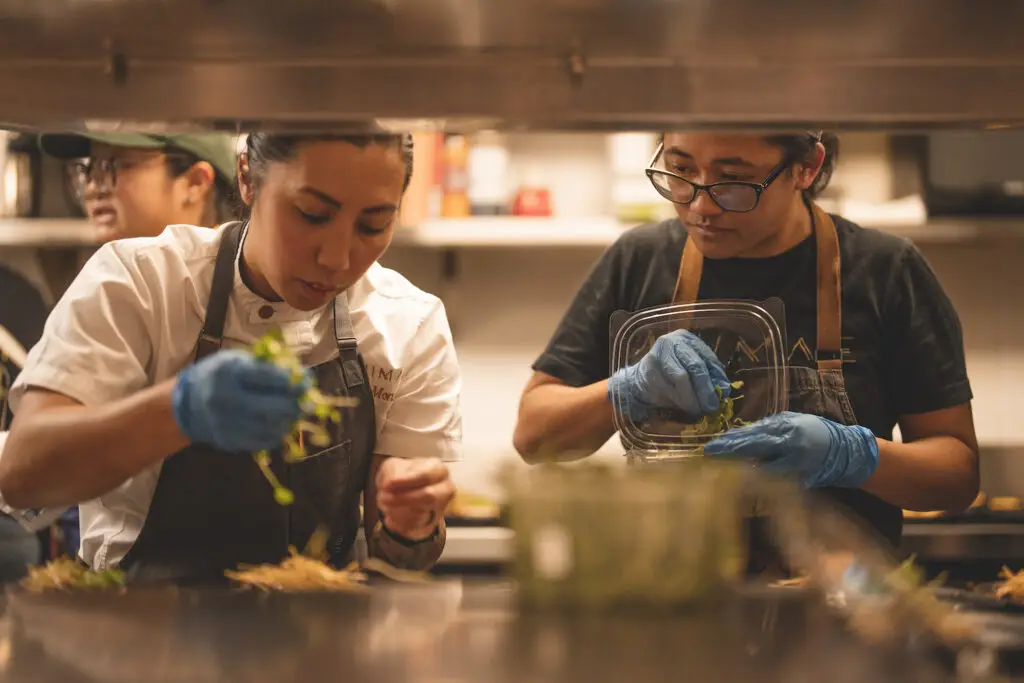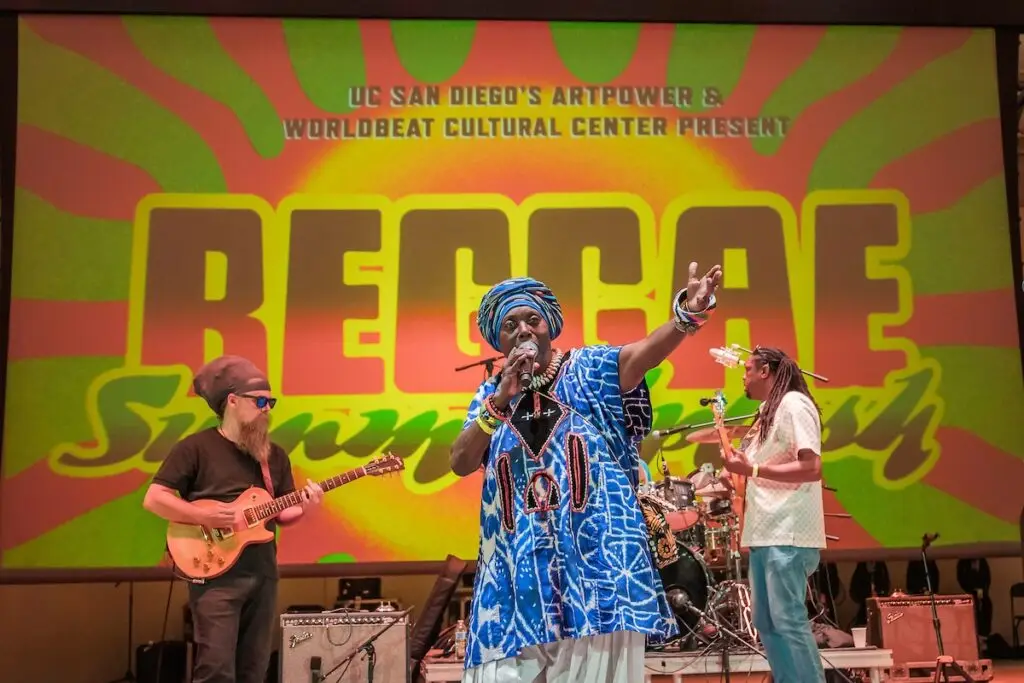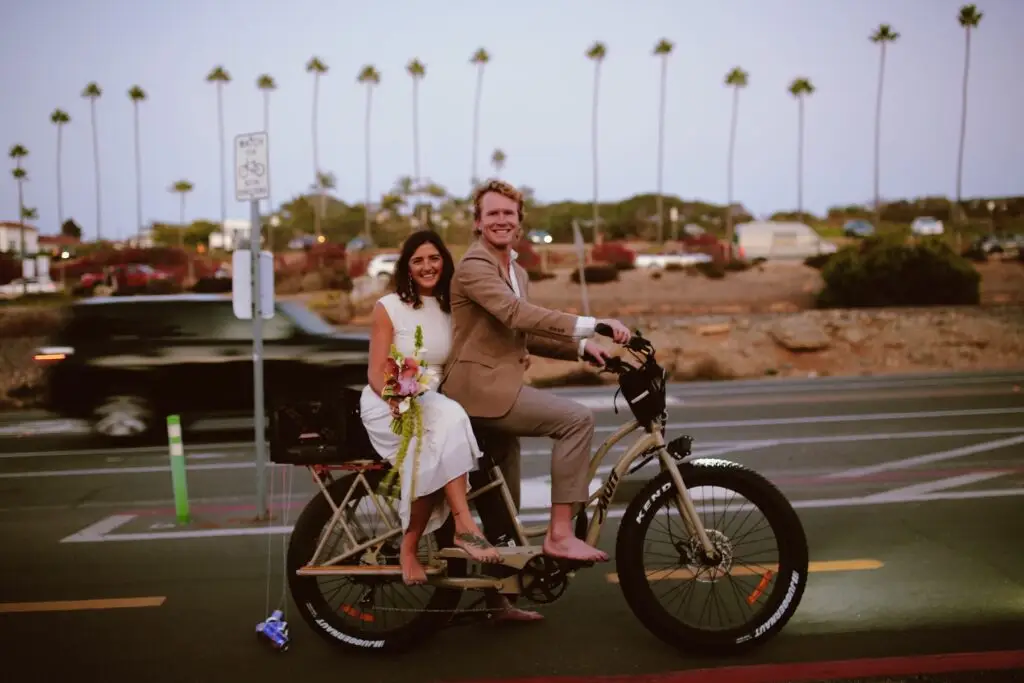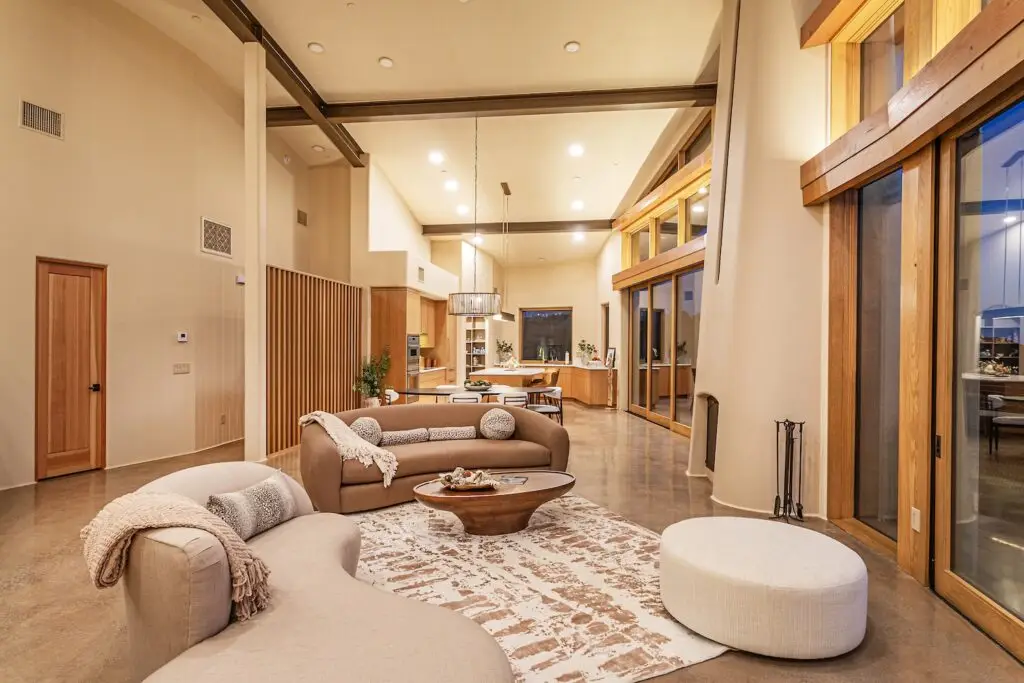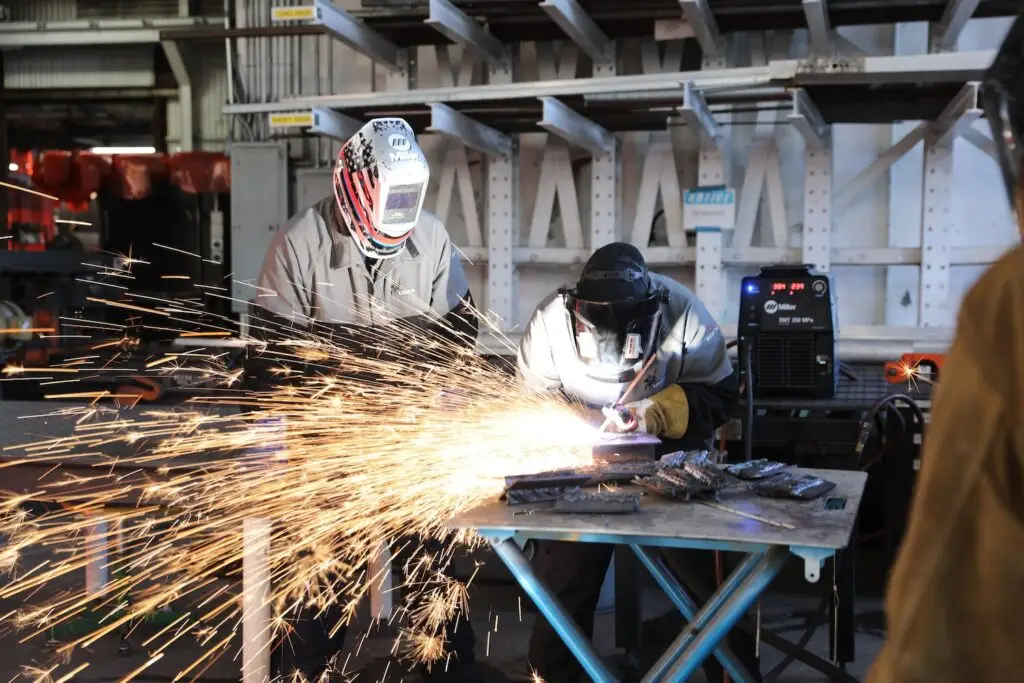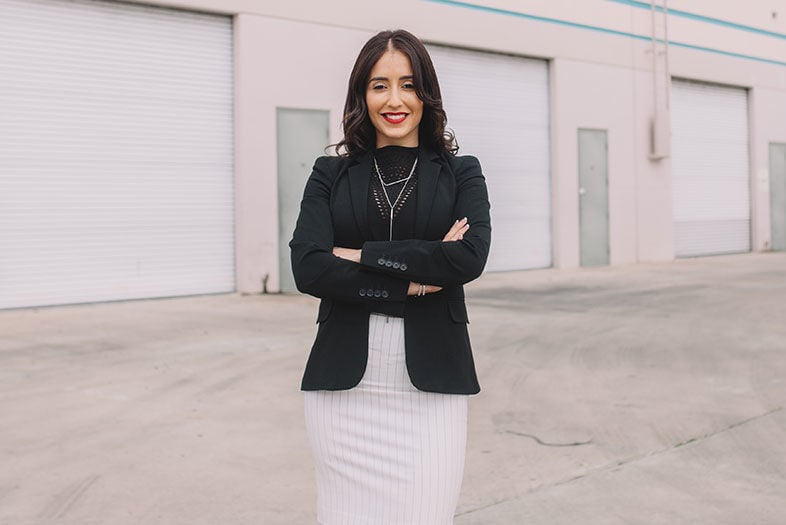Erin Meanley Glenny: Where are you from originally?
Liz Valenzuela Banker: I’m from Youngstown, Ohio; I lived there with my mother and my three sisters. My mother was an alcoholic and absent for a good portion; my dad was in prison since I was two. So I raised my two baby sisters until I was 16. Because of my mom not being around, I got into partying, drinking, and by the time I was 16 I was doing hardcore drugs. One night I looked in the mirror, and I looked like I was 40. I thought, “Oh my god, this is the example I’m setting for them?” So I stole my mom’s credit card and booked a flight to LA. I thought, “That’s where everybody goes to be successful!” From 16 to 18 I took buses to and from three jobs from 5 a.m. to 11 p.m., and by the time I hit my 18th birthday I’d made just enough to buy a car. Anytime it rained, the back seat would flood and I always joked, “It’s a pool, too!”
EMG: How did you decide to join the Navy?
LVB: I saw a recruiter’s office and thought: I would have a steady paycheck and insurance. I went in and told them I was ready to join, but they told me I was too big—at five-foot-two, you have to be 150 pounds. I was about 20 pounds over. They also told me you can’t join without a high school diploma. At first, I was devastated. I went to McDonald’s and got more food than I knew what to do with, but the very next day I found an adult education center that allowed me to get my high school diploma at nights and from home, and I joined Weight Watchers. About six months later, I was in boot camp in Chicago. It had been the first time I ever really put my mind to something; joining the Navy was a huge success.
EMG: What was boot camp like?
LVB: Absolutely insane, as far as trying to adjust. I actually thrived in having structure. I loved it. I was like, “Oh my god, somebody is yelling at me to do something, whereas before, nobody cared.” You know? I got master-at-arms, which is essentially the person that yells at everybody. When I joined, it was the first time I had ever received any type of real love from my mother. She sent me care packages and letters. It blew my mind. I graduated boot camp and was promoted to E2 [seaman apprentice] automatically. My mom ended up coming to my graduation.
EMG: How did you get to San Diego?
LVB: From there I went to A School, where you learn your specific job. Mine was quartermaster [assistant to a ship’s navigator]. As a teen, I had always treated school as a nuisance, but with A School, my goal was to be the top of the class. I ate, slept, and breathed school. The top person in the class got to pick their orders first. All the jobs except one were in Japan—I chose San Diego.
EMG: Did you have any mentors on the ship?
LVB: My senior chief was hardcore old-school. The first month, I hated her. I thought she wanted me to fail and I would cry myself to sleep. But she started to warm up. I realized she wanted me to do well, and it took her a year to have this conversation with me, that in the Navy, women have to work three times as hard just to do the same as men or to be looked at as the same. She said, “You’ll always be questioned. People will always think you were given something because you’re a woman, and you need to have a tough skin.”
EMG: What were the dynamics on the ship?
LVB: There were 320 people and less than 100 were women. My senior chief pushed me to get a lot of certifications and do well. When I got to E4 [petty officer], it was the proudest moment of my Navy career because it was announced on the entire ship; I went up and shook hands and I remember hearing people say, “I wonder who she had to do to get that.” It makes you a bit resentful toward the other sex. I was angry a lot. It wasn’t until later in my career that I realized it’s up to us as women to change that perception, right? Having mentors helped me realize that there’s a much bigger purpose we could all serve. Being a woman, being a veteran, being in the industry that I’m in, that’s what helped push me out of being negative to realizing that I am worth it and I am capable. I work seven days a week, 16 hours a day, so there’s not one person that can say I’m undeserving of what I’ve been able to accomplish.
EMG: How did you become the CEO of Shore Solutions?
LVB: In 2009 I decided to get out of the Navy and started working at a company that supplies the military with clothing and equipment; I fell in love with the procurement process. Later I was recruited to two sister companies that did the same thing. They let me run HR and accounting and do contracting. But in 2013 the CEO of the sister company wanted to liquidate the other, Shore Solutions. By then I was VP of operations and managed both companies. I remember wishing I could just take Shore Solutions. When I said to my husband, “I just don’t know if I can actually run a company,” he looked at me and said, “Isn’t that what you’re already doing?” It was the silliest “aha” moment. So I asked the CEO if he would be interested in selling Shore to me. He told me to send him a buy-up plan and he would consider it. I went to my office and Googled “buy-up plan.”
EMG: Let’s talk motherhood!
LVB: When I bought out Shore Solutions, I found out I was pregnant with my daughter a week later. I broke down—I had just signed away all of our money. My husband was like, “What are you scared of?” and I said, “I’m scared I’m not going to be able to keep my foot on the pedal. I want to see this company succeed.” He offered to stay home with the baby. I was able to return to work two weeks after I had my daughter. Now he’s got two of them, and he even watches my sister’s kids.
EMG: How does your company give back?
LVB: Every year we assemble and hand out bags to the homeless at the Neil Good Day Center downtown. They get everything from socks and hats to toothpaste. My family always makes the sandwiches. We also do a giving-back campaign: Applicants write a story about how they’ve struggled and then we pick two civilians, two veterans, two active duties. A lot of people think that when you’re in the military you’re taken care of, but it’s not the case. We take each winner on a shopping spree; they spend $500 at the store for their family and then we give them $250 cash and a Christmas tree.
EMG: It sounds like you work with really solid people.
LVB: What I’m trying to build here is an honest company, one with integrity, and a lot of the team members we had in the beginning didn’t see the big picture, didn’t buy into what we were trying to do, so one of the hardest things was the turnover. You realize the people you start out with may not be the people you end up with. But in order to grow your company, you’ve got to make tough decisions.
EMG: What’s your hiring philosophy?
LVB: First we send out job postings to all the veterans’ assistance programs. When we’re looking for someone, I always try to find people that don’t have the best résumés but have that personality where they would do really well if given the chance. I probably look for that because that was me.
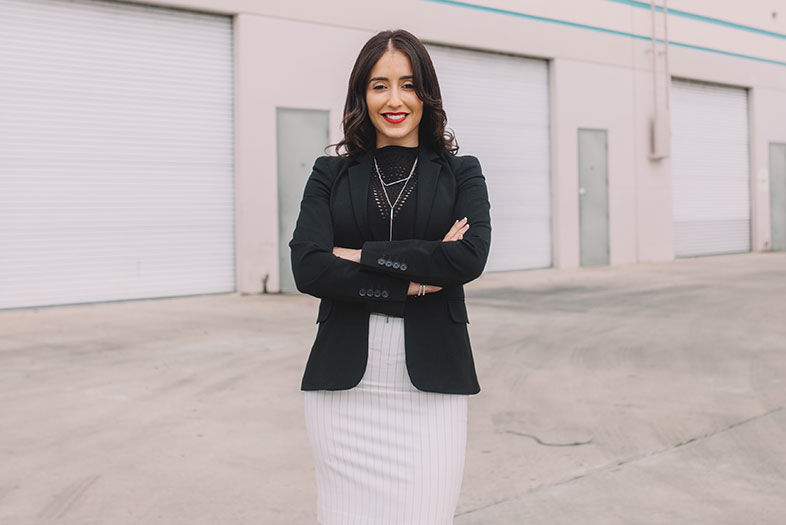
Celebrating Women: How Liz Valenzuela Banker Does It
PARTNER CONTENT
Photo by Joe Wilson
